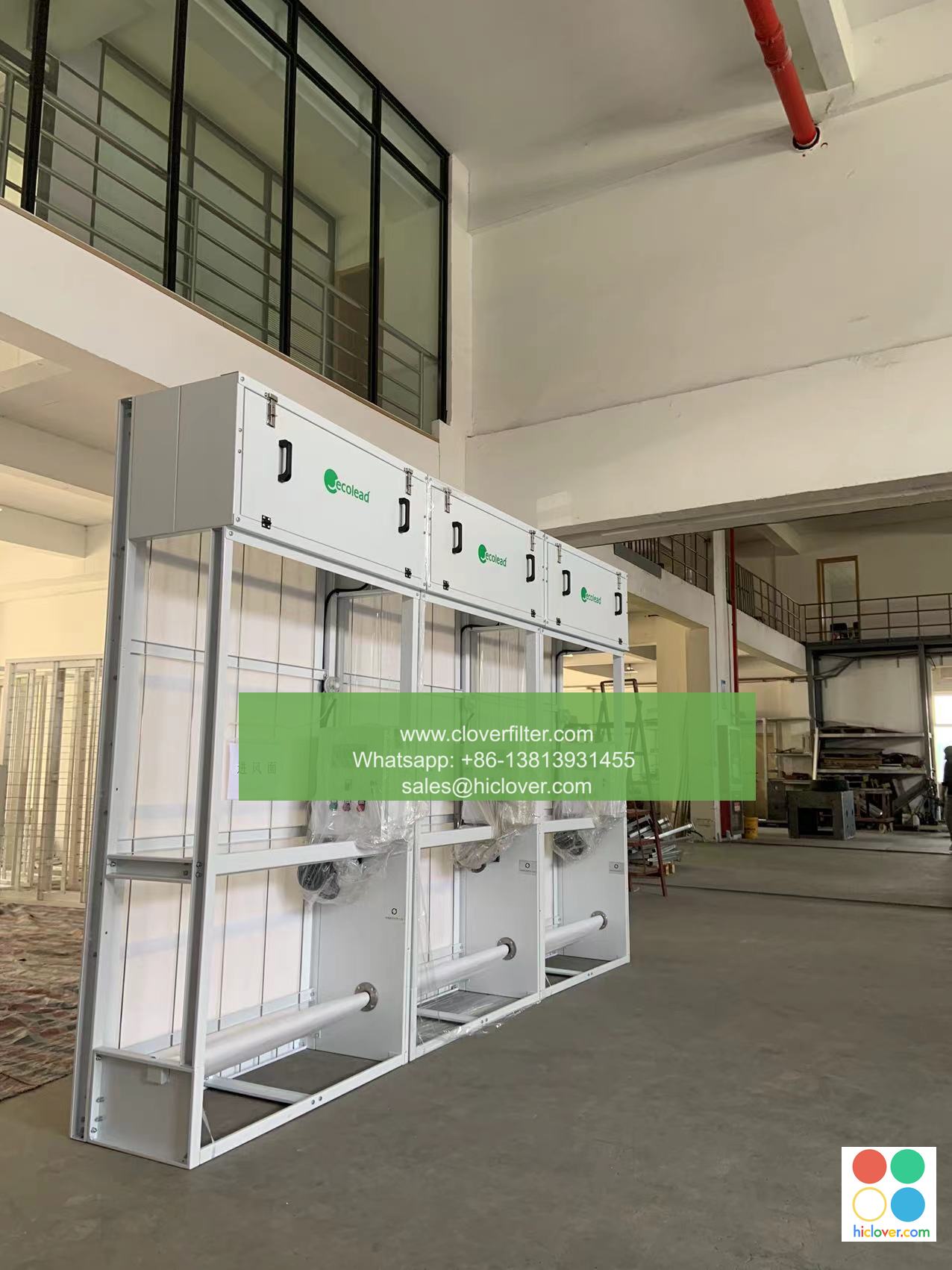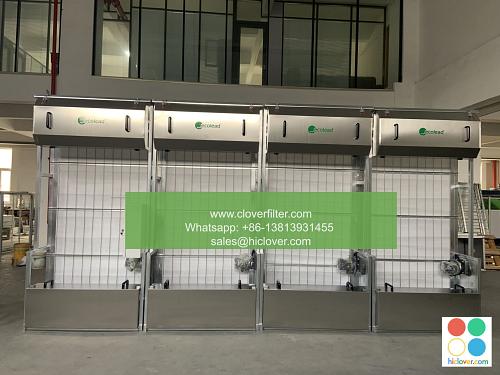Maintaining Air Quality in Pepsi Bottling Plants: The Importance of Regular Filter Maintenance

As a leading manufacturer of beverages, Pepsi bottling plants have a critical role to play in ensuring the quality and safety of their products. One often overlooked aspect of this process is maintaining good air quality within the plant. Air filtration systems play a vital role in removing airborne contaminants, such as dust, pollen, and bacteria, which can affect not only the quality of the products but also the health and well-being of employees. In this article, we will discuss the importance of regular filter maintenance in Pepsi bottling plants and highlight various application areas where air purification systems can make a significant difference.
The Risks of Poor Air Quality
Poor air quality can have serious consequences for Pepsi bottling plants, including product contamination, equipment damage, and employee health problems. Airborne contaminants can enter the production process through various means, such as ventilation systems, personnel traffic, and equipment emissions. If left unchecked, these contaminants can lead to product spoilage, equipment downtime, and worker absenteeism. Furthermore, poor air quality can also affect the shelf life of products, leading to reduced customer satisfaction and financial losses.
The Benefits of Regular Filter Maintenance
Regular filter maintenance is essential to ensure the effective removal of airborne contaminants from Pepsi bottling plants. By replacing air filters regularly, plants can prevent the buildup of contaminants, reducing the risk of product contamination and equipment damage. Regular filter maintenance can also help to improve indoor air quality, reduce energy consumption, and extend equipment lifespan. Additionally, a well-maintained air filtration system can help to enhance employee productivity and reduce worker absenteeism.
Application Areas for Air Purification Systems
There are several application areas in Pepsi bottling plants where air purification systems can be effectively used to improve air quality. These include:
* Bottling lines: Where air filters can be used to remove contaminants from the air, preventing product contamination and equipment damage.
* Storage areas: Where air purification systems can be used to maintain a clean and dry environment, preventing product spoilage and pest infestations.
* Employee break rooms: Where air filtration systems can be used to improve indoor air quality, enhance employee productivity, and reduce worker absenteeism.
* Quality control labs: Where air purification systems can be used to maintain a clean and controlled environment, ensuring the accuracy and reliability of quality control tests.
Best Practices for Filter Maintenance
To ensure the effective maintenance of air filters in Pepsi bottling plants, the following best practices should be followed:
* Regularly inspect air filters to ensure they are clean and functioning properly.
* Replace air filters regularly, according to the manufacturer’s instructions.
* Use high-quality air filters that are designed to capture airborne contaminants effectively.
* Monitor air quality regularly to ensure the air filtration system is functioning properly.
In conclusion, maintaining good air quality is critical to the success of Pepsi bottling plants. Regular filter maintenance is essential to ensure the effective removal of airborne contaminants, preventing product contamination, equipment damage, and employee health problems. By highlighting various application areas and following best practices for filter maintenance, Pepsi bottling plants can improve indoor air quality, reduce energy consumption, and enhance employee productivity.

